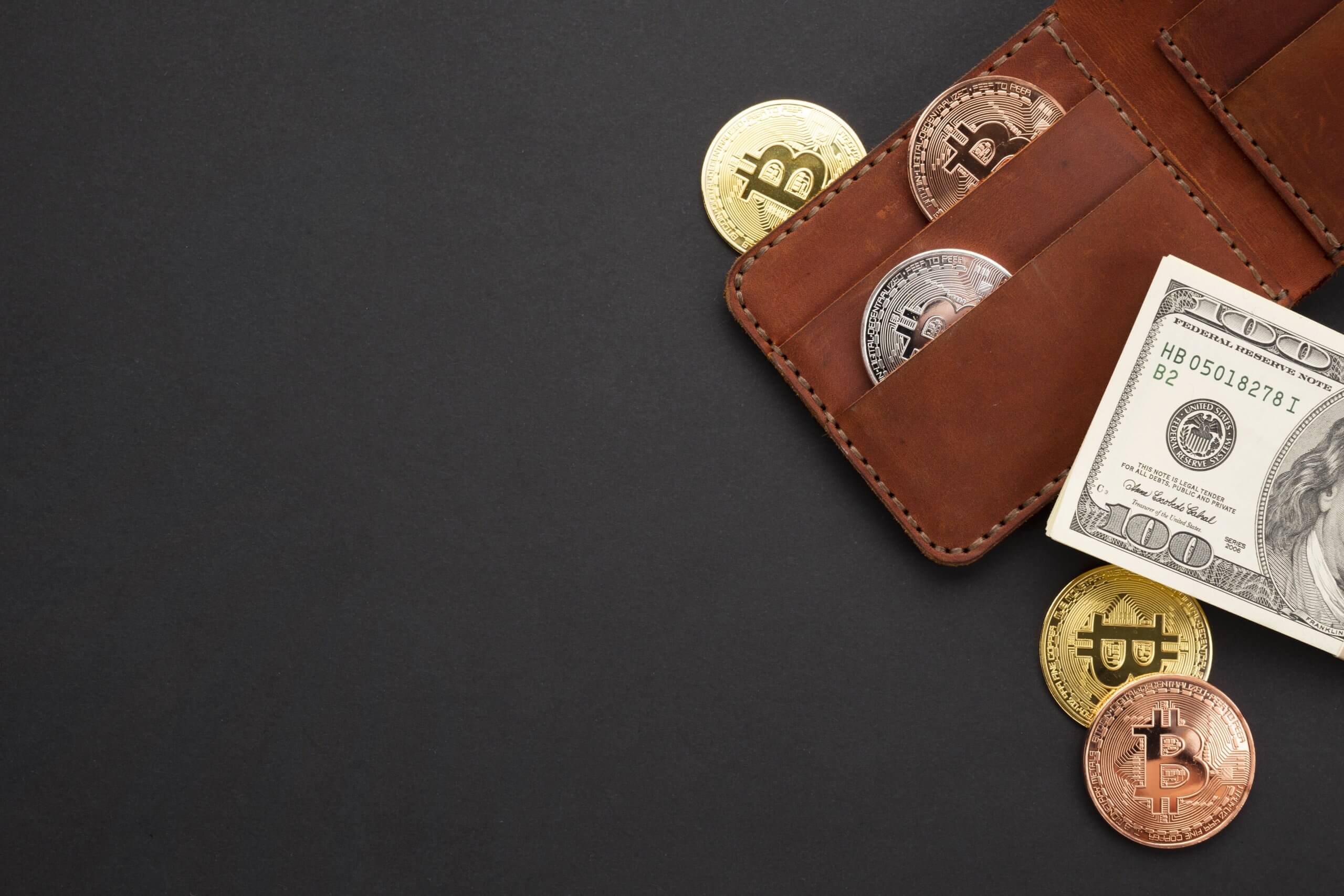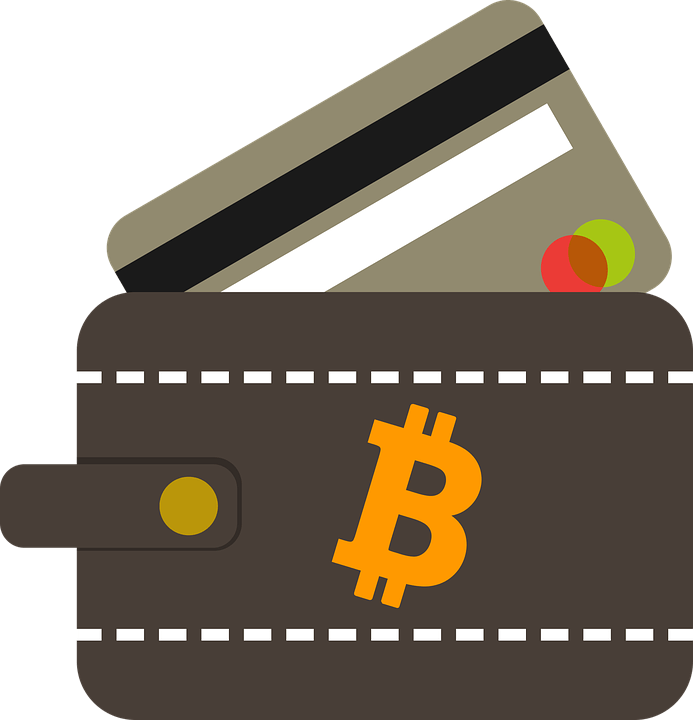As Bitcoin (BTC) and cryptocurrencies expand all over the world, there is a larger number of users that are interested in holding and buying these assets. However, not everyone knows how to do so and which are the best wallets to hold Bitcoin – among other virtual currencies.
In this article, we aim at sharing with you the basic knowledge you must have related to Bitcoin and cryptocurrency wallets and how they work. It is certainly important to know the difference between hardware and software wallets and how they suit different kinds of users.
What is a Bitcoin Wallet?
As we know, Bitcoins do not exist in a physic way. This is why we do need to have a Bitcoin wallet. These wallets are the accounts that allow us to hold Bitcoin and other virtual currencies.
Note: not all the Bitcoin wallets support several digital assets.
In this way, with a wallet, you will be able to protect, hold, send and receive Bitcoin in a fast and easy way. Of course, there are different types of wallets and each of them will be useful in different circumstances. The best thing to do is to always have two or three wallets, depending on the situation.
Of course, many users hold cryptocurrencies and Bitcoin in exchanges, but this is not a wallet where you are the real owner of your funds. If the exchange closes, you will not have control over your funds.
Bitcoin wallets provide the user with a private key connected to the funds the user has. There is also a public address that individuals will be able to use if they want to receive funds. The private key must always be kept under control and should never be revealed to other third parties.

Different Types of Bitcoin Wallets
As we have mentioned before there are different types of wallets in the market that would allow us to perform different activities more efficiently than if we would have only one wallet. Some of them will be more useful to perform daily transactions – if you buy lots of things with Bitcoin – some others will be more useful to long-term BTC holders.
We have two main kinds of wallets, hot and cold storage wallets. Hot storage wallets are those that are in some way connected to the internet, while cold storage wallets are those that are not connected to the internet. Hot wallets can be those downloaded on a Smartphone or a computer, while hardware and paper wallets are considered to be cold wallets since they are not connected to the internet.
Hardware and Cold Wallets
Hardware wallets to hold Bitcoin are the best solution if you are a holder and investor of cryptocurrencies. They can help you to protect your funds without being worried about hackers and stealers to take them from you.
The most popular hardware wallets are those produced by Ledger and Trezor. These wallets are very useful to hold Bitcoin and other virtual currencies. Of course, each of these wallets offers different solutions and interfaces to handle the funds.
The improved security provided by these hardware wallets is great to avoid any type of inconveniences related to stolen funds and digital assets. Hackers would indeed have to come to your home and steal the hardware wallet with the private keys if they want to have access to your funds.
Paper wallets are very similar to hardware wallets with the difference being that paper wallets are less durable and less comfortable to use. When hardware wallets didn’t exist yet – during the first years of Bitcoin – these paper wallets were very useful to store large amounts of cryptocurrencies and remain protected from hackers.
It is worth mentioning that hardware wallets are not for free while paper wallets can easily be downloaded from the internet in just a few clicks. In addition to it, hardware and cold wallets could be somehow tricky for newcomers to the market that do not really understand how cryptocurrencies work and behave.
Pros of hardware wallets:
- They are the safest solution in the market for holding crypto
- You can hold several cryptocurrencies
- You can use several hardware wallets to back up funds
Cons of hardware wallets:
- The could be difficult to understand for newcomers
- They are not for free!
- They are not comfortable for daily usage
Hot Wallets (Desktop, Smartphone, Online)

Hot wallets are those that are in some way connected to the internet. They can be accessed through a computer or smartphone. This is one of the fastest and easiest ways to handle cryptocurrencies. Indeed, you can simply start using your digital assets with a simple wallet on your phone or by handling the funds on your desktop. In this section, we will see which are these wallets and how to use them in the cryptocurrency market.
Desktop wallets are those used with a computer and that can be very useful to handle digital assets. Usually, users can have their funds stored in these wallets and use them when they need through the internet to make purchases or trade in a wide range of exchanges. At the same time, these wallets can be very useful to store a wide range of cryptocurrencies.
Long term holders and crypto enthusiast have been using desktop wallets that can be easily manageable. Their interface tends to be very friendly and they can be sometimes connected to the internet and online applications.
Although these wallets can be very useful, they also have some risks. Indeed, if the desktop computer is affected by a virus or malicious files, users’ cryptocurrencies may be at risk of being stolen or lost forever. Some ransomware attacks have been affecting crypto holders and desktop wallets are great targets.
Smartphone wallets are very similar to desktop wallets. They allow users to hold, send and receive virtual currencies in a fast and easy way. With them, individuals will have the chance to easily spend their cryptocurrencies. Indeed, this is one of the fastest ways to pay for goods and services on a daily basis using virtual currencies.
When you are on the street and you want to buy a coffee and pay for it with digital assets, you just need to take away your phone and send a fast and secure transaction on the blockchain. This can take just a few seconds and it would make your whole experience with virtual currencies very comfortable.
However, as it happens with desktop wallets, smartphones can be affected by hacks and attacks. This could result in the loss of virtual currencies. This is why it is always recommended to use hardware wallets to store large amounts of cryptocurrencies but smartphone wallets to handle small amounts of crypto for daily usage.
Online wallets are a crypto solution to hold digital assets online without even using or downloading software to your phone or computer. This is a very straightforward way of handling virtual currencies but it may not be the safest thing to do. In many cases, users can be targeted by hackers and the funds may be lost.
The recommended set-up is to have a hardware or cold wallet to hold large amounts of funds or if you are a long-term holder. Smartphone wallets are great for users that are handling digital assets on a daily basis to make purchases on the go. Finally, desktop wallets are a good option to use digital assets with a wide range of platforms or linking them to decentralized applications.
Avoid Cryptocurrency Exchanges
Cryptocurrency exchanges are great platforms where to trade digital assets, buy Bitcoin or sell other virtual currencies. However, they are not a good option to hold cryptocurrencies for long periods of time.
Exchanges all over the world have been targeted by hackers that aimed at stealing users’ funds. In many cases, exchanges were keeping users’ cryptocurrencies in hot wallets that could be accessed through a wide range of methods.
Crypto trading platforms such as BitGrail, Coincheck and many others have lost millions of USD in cryptocurrencies in the last years. Thousands of users lost their funds forever, while others were able to get partially refunded.
This is why it is recommended for users to send the funds to a crypto wallet where they would control their private keys rather than giving custody to a third-party platform that may lose the funds at any moment. The motto says “not your (private) keys, not your crypto.”
Conclusion
In this comprehensive guide we aimed at sharing with you what are cryptocurrency wallets and how they can be useful for traders and users in the market. We have made a clear distinction between cold and hot wallets and which are the main differences between each of these categories.
The main cryptocurrency wallets include cold wallets, which are not connected to the internet and include hardware and paper wallets; and hot wallets, through which users have their funds directly or indirectly connected to the internet and could be very useful on a daily basis.





















